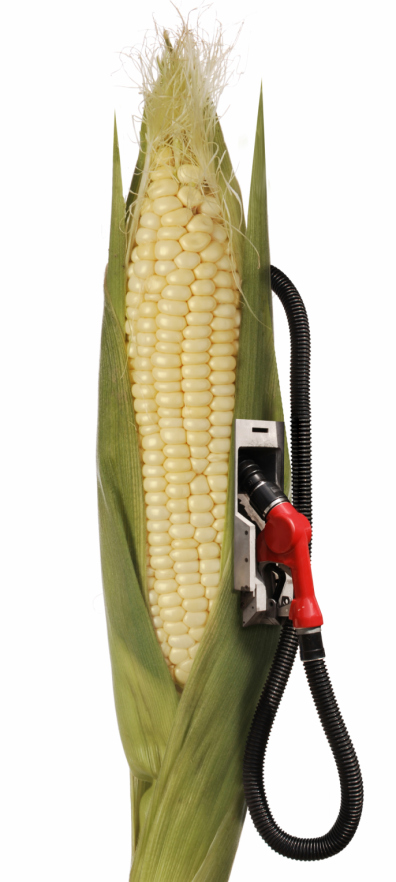The United States Supreme Court has declined to hear an appeal of a lower court ruling, requested by a biofuels industry group, Growth Energy, seeking to reinstate a Trump-era Environmental Protection Agency (EPA) rule allowing sale of gasoline containing 15 percent ethanol (E15) year-round.
The Supreme Court’s action leaves in place a ruling made by a D.C. Circuit Court of Appeals in, American Fuel & Petrochemical Manufacturers, et al. vs. EPA, in which the court found the EPA lacked the authority to authorize year round E15 sales, because it would violate the 1970 Clean Air Act.
The court found allowing year round E15 sales would result in violations of pollution rules that limit the amount of ethanol in fuel during the summer, when warmer temperatures contribute to ozone levels increasing. According to the court, EPA had no discretion to allow actions its own data indicated would likely lead to increases in ozone above regulatory limits.
Oil refiners had sued to overturn the rule allowing year-round E15 sales. Growth Energy, the Renewable Fuels Association, and the National Corn Growers Association intervened on behalf of EPA to reinstate the rule.
Despite the ruling, several Midwestern states, Iowa, Minnesota, Missouri, Nebraska, North Dakota, South Dakota, and Wisconsin have requested a special exemption from the EPA to allow year-round sales of E15 in their states.
Biden Administration’s Split Views
The Biden administration urged the Supreme Court not to hear the appeal.
However, in its brief, the administration argued the lower court should have deferred to EPA’s determination concerning the safety of E15 and the scope of its authority to allow sales of it throughout the entirety of year, rather than substituting its own judgement for the agency’s.
Benefits and Authority Questioned
The EPA’s claim it has the authority to allow year-round sales of E15 is clearly wrong, but then so is the government’s mandate requiring that ethanol be blended into gasoline in the first place, says Jay Lehr, senior policy advisor with the International Climate Science Coalition.
“E15 provides no benefits whatever,” said Lehr. “The EPA should not have the authority to dictate E15 requirements, and this goes for 10 percent or E10 as well; ethanol no value as a fuel, only serving drive up the price of corn.
“E15 is a bad idea for engines and mileage,” said Lehr. “It only serves to waste corn in the production of ethanol.”
The Biden administration’s attempt to have it both ways, urging the Supreme court to reject the appeal while holding that the D.C. appeals court should have deferred to the EPA on the matter, is not surprising in the least, says Lehr.
“Nothing the Biden administration does withstands rational analysis,” Lehr said. “For Biden and company, it’s all politics, all the time and what counts is growing government power.”
Good News, Bad News
The Supreme Court’s decision is a case of both good news and bad news, says Paul Driessen, a senior policy advisor with the Committee For A Constructive Tomorrow, which co-publishes Environment & Climate News.
“Ethanol blends already consume over 40 per of America’s corn, grown on cropland the size of Iowa, so to the extent that the court’s decision limits the use of ethanol that’s to the good,” said Driessen. “Much of that land would be used for food crops, or returned to wildlife habitat, if farmers didn’t have these perverse incentives to plant it in corn.
“Anti-drilling campaigns and the rising demand for oil and gas to grow, fertilize, harvest, and deliver corn to satisfy the continuing ethanol mandate results in higher prices for corn, and increases the cost of raising cattle, pigs, and chickens, as well, all of which are energy intensive, meaning the ethanol mandate results in higher food bills for struggling families across the board,” Driessen said. “Corn growers benefit from E-10 and E-15, but other farmers and everyone else loses.”
Kevin Stone (kevin.s.stone@gmail.com) writes from Arlington, Texas



























[…] post Supreme Court Refuses to Hear Appeal of Case to Allow the Year-Round Sale of E15 appeared first on Heartland Daily […]